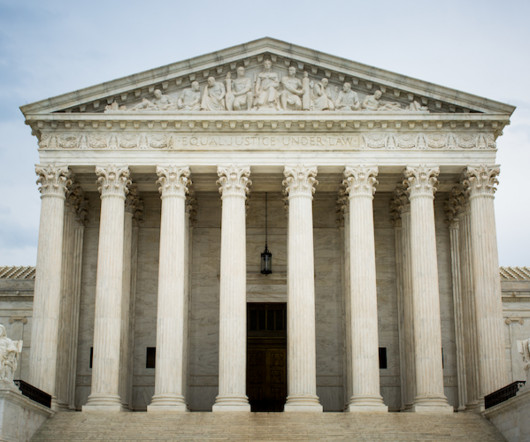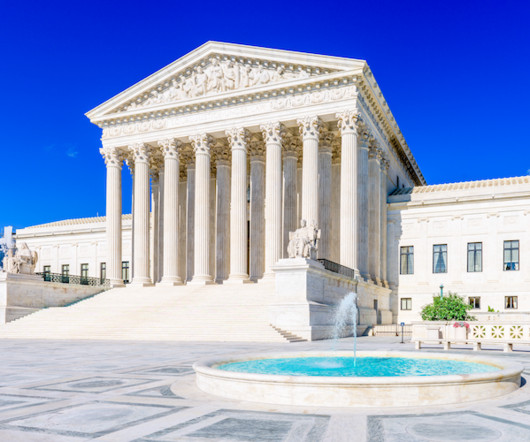Supreme Court Rules Federal Agencies Can Be Sued Under Fair Credit Reporting Act
Constitutional Law Reporter
FEBRUARY 28, 2024
As Justice Gorsuch explained, the Court has found a clear waiver of sovereign immunity in just two situations. The second is when a statute creates a cause of action and explicitly authorizes suit against a government on that claim. government. agency,” §1681a(b), and that applies to the entire Act.















Let's personalize your content